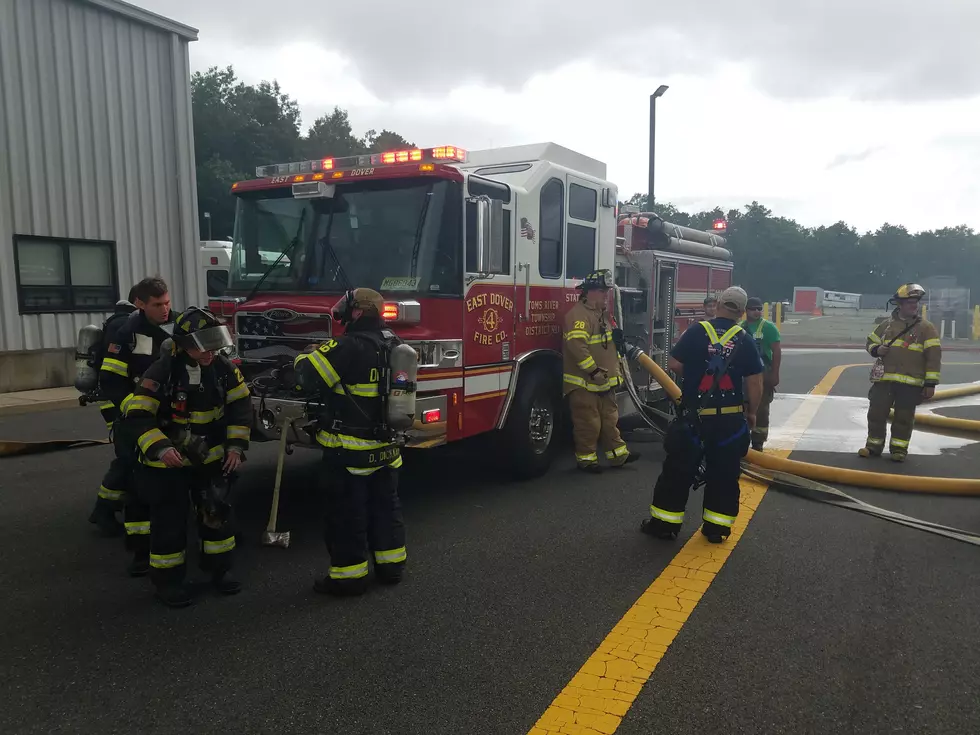
Pandemic impacting the way NJ firefighters handle the job
The COVID-19 pandemic has dramatically impacted the lives of all New Jersey residents, including the ones who respond when there’s an emergency.
Ed Donnelly, president of the New Jersey State Firefighters Mutual Benevolent Association, said it has changed the way firefighters respond to calls and wait at the firehouse.
He said firefighters typically get their temperatures taken when they come to the firehouse and when they leave.
“While we’re at work, we’re separating the companies, we’re making sure guys eat in different places, we’re not training together as we used to," he said. “We’re not putting 15, 20 guys in a room and doing bailout training or engine or truck company operations. Life is just completely different.”
Rob Ordway, the president of the New Jersey State Firemen’s Association, said everyone is taking precautions as best as they can.
“What they do is stagger the lunch time, they stagger everything going on in the building in the different sections. You split up in the firehouse, you split up as best you can on the apparatus responding and you just adapt,” he said.
He pointed out in smaller towns all over the Garden State, “the volunteers are not even allowed to go to the building unless there’s an actual call so that they don’t hang out.”
Donnelly said when responding to a fire or another emergency, “we’re trying to get as much information out of dispatch to know if the folks at the residence are exposed, are COVID positive.”
He pointed out when fighting a fire, maintaining social distance protocols is not always possible but nobody is complaining.
“Listen, this is our job. This is what we signed up for, this is what we do," he said. "When you’re responding to a fire you’re responding to a fire. We still need to be out there and do what we can to protect the citizens and the visitors of New Jersey.”
Ordway said this is obviously a challenging situation but “the men and women who are firefighters will absolutely adjust to whatever situation and whatever requirements they are given.”
Donnelly added while getting through the pandemic is hard, life after the pandemic will be harder.
“We need to work collaboratively and smartly to make sure we do whatever we can to secure funds from the federal government to make sure our firefighters are still ready and available and able to respond," he said. "After this will not be a time for any kind of layoffs or furloughs or anything like that."

More From 94.3 The Point










